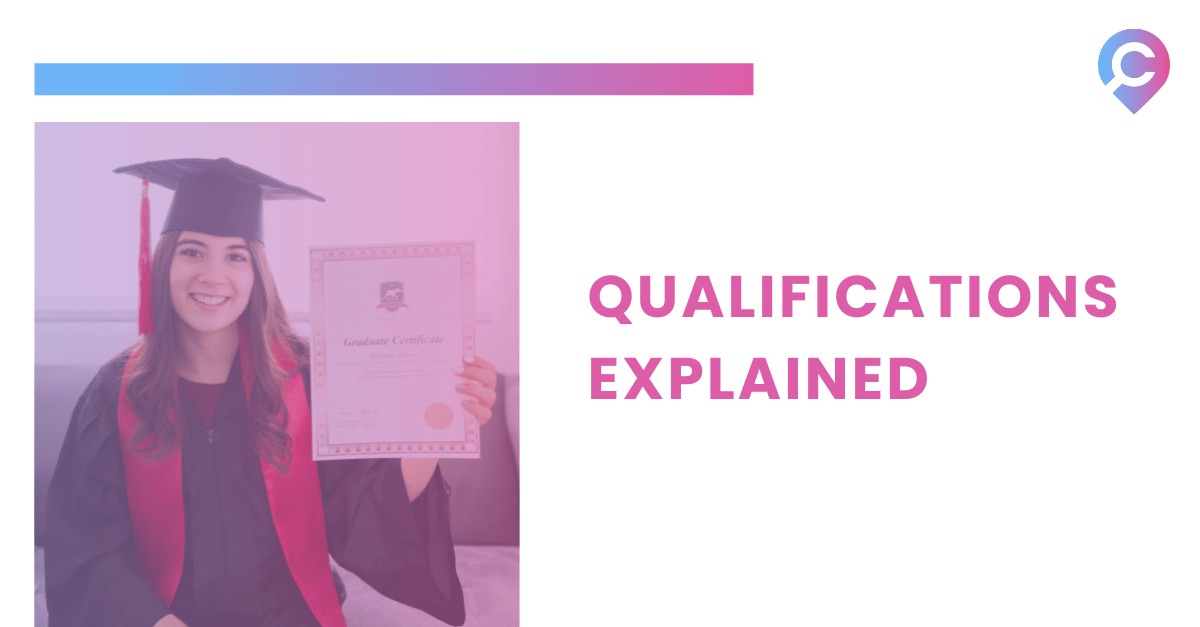The different qualifications you can earn – A Levels, Apprenticeships, GCSEs and so on – are grouped together in levels. It makes it easier for you (and easier for employers, colleges and universities) to know how difficult a qualification is and how it compares to others.
Entry level Each entry level qualification is available at three sub-levels - 1, 2 and 3. Entry level 3 is the most difficult.
Entry level qualifications are:
entry level award entry level certificate (ELC) entry level diploma entry level English for speakers of other languages (ESOL) entry level essential skills entry level functional skills Skills for Life
Level 1
Level 1 qualifications are:
first certificate GCSE - grades 3, 2, 1 or grades D, E, F, G level 1 award level 1 certificate level 1 diploma level 1 ESOL level 1 essential skills level 1 functional skills level 1 national vocational qualification (NVQ) music grades 1, 2 and 3
Level 2
Level 2 qualifications are:
CSE - grade 1 GCSE - grades 9, 8, 7, 6, 5, 4 or grades A*, A, B, C intermediate apprenticeship level 2 award level 2 certificate level 2 diploma level 2 ESOL level 2 essential skills level 2 functional skills level 2 national certificate level 2 national diploma level 2 NVQ music grades 4 and 5 O level - grade A, B or C
Level 3
Level 3 qualifications are:
A level access to higher education diploma advanced apprenticeship applied general AS level international Baccalaureate diploma level 3 award level 3 certificate level 3 diploma level 3 ESOL level 3 national certificate level 3 national diploma level 3 NVQ music grades 6, 7 and 8 T Level tech level
Level 4
Level 4 qualifications are:
certificate of higher education (CertHE) higher apprenticeship higher national certificate (HNC) level 4 award level 4 certificate level 4 diploma level 4 NVQ
Level 5
Level 5 qualifications are:
diploma of higher education (DipHE) foundation degree higher national diploma (HND) level 5 award level 5 certificate level 5 diploma level 5 NVQ
Level 6
Level 6 qualifications are:
degree apprenticeship degree with honours - for example bachelor of the arts (BA) hons, bachelor of science (BSc) hons graduate certificate graduate diploma level 6 award level 6 certificate level 6 diploma level 6 NVQ ordinary degree without honours
Level 7
Level 7 qualifications are:
integrated master’s degree, for example master of engineering (MEng) level 7 award level 7 certificate level 7 diploma level 7 NVQ master’s degree, for example master of arts (MA), master of science (MSc) postgraduate certificate postgraduate certificate in education (PGCE) postgraduate diploma
Level 8
Level 8 qualifications are:
doctorate, for example doctor of philosophy (PhD or DPhil) level 8 award level 8 certificate level 8 diploma
You can find out more about the different levels at the National Careers Service or by calling 0800 100 900.
If you need more advice and guidance regarding careers, why not sign up for our weekly newsletter and stay ahead of new trends and changes:
Subscribe to our newsletter.
Be the first to know! Tell us what you want and we’ll keep you in the loop.
- Weekly Career Vibes
- We know the job hunt can be stressful so our career vibes will be worth your time.
- No spam
- We’re just as selective as you are with your job search.



